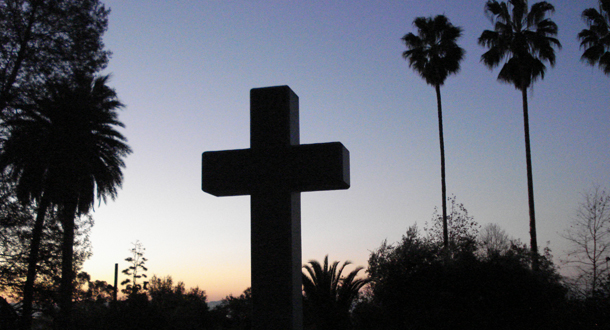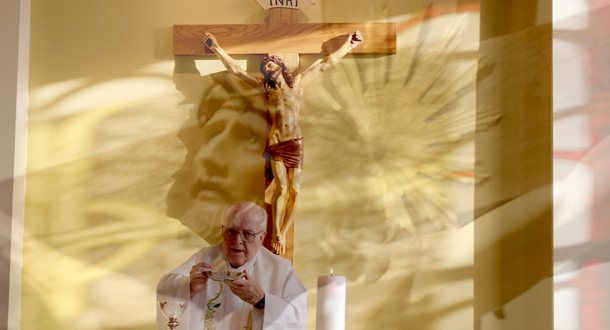
Scripture:
Joel 1:13-15; 2:1-2
Luke 11:15-26
Reflection:
“But if it is by the hand of God that (I) drive out demons, then the kingdom of God has come among you.” (v.20). This verse simply takes my breath away! My tendency in reading this Gospel is to feel frustration at those who miss the miracle and seem spiritually blind. I want to ask, what is holding you back? What is the obstacle which prevents you from seeing the Savior of the world before your eyes? I wonder, if I placed myself in this scene, would I experience the kingdom or would I miss it like “some of the crowd?” How would I know?
The opposite of faith is not doubt—doubt can and does exist with faith. In fact, it is good to question, to test everything as we read in the First letter of John, “Beloved, do not trust every spirit but test the spirits” … (1 John 4:1). The opposite of faith is certitude, the kind of certitude demonstrated in this text. Here the debate ensues about which spirit is involved in Jesus’ driving out the demon in the mute man. We have examples of certitude as we observe Jesus’ encounters with some Pharisees. They come off sounding so certain as to what the Messiah would look like and are unable to reconcile that understanding with the person of Jesus. Peter had some of those traits when he decried Jesus fate, “God, forbid, Lord!” This was not his idea of the Messiah either. And Jesus tells him to “Get behind me Satan, you are an obstacle to me. (Matt 16:22-23) Peter’s personal experience of Jesus continued to open his eyes.
As I reflected further, I became conscious of the humanity of Jesus. Do we miss his humanity here? Might he have experienced doubt, sadness, disappointment, deflation, rejection, and frustration at not being able to get through to everyone? Surely these thoughts are possible in his humanity? Yet, as he spoke from the cross, “Father, forgive them for they know not what they do.” (Luke 23:34), clearly, he demonstrates his love for humanity. Real love conquers all; real love loves all regardless of the circumstances. Real love has the ability to look at another and see the Imago Dei within them even as they do everything in their power to reject this reality. Real love never fails.
At the beginning of this chapter, Jesus teaches the disciples how to pray and further, he suggests that persistence in prayer and asking for what we want is good. Next, he frees the mute man to do just that. As the Gospel suggests, Jesus is the stronger man and once he heals us, the rest is up to us, to fill that free space with the power of his presence as a safeguard against all future storms.
Lord, Jesus, I ache for your experience of rejection by our humanity, by our fears and by our certitude. Thank you for your freely offered forgiveness. Fill us with the power of your love and set us free. Amen.
Jean Bowler is a retreatant at Mater Dolorosa Passionist Retreat Center in Sierra Madre, California, and a member of the Office of Mission Effectiveness Board of Holy Cross Province.






